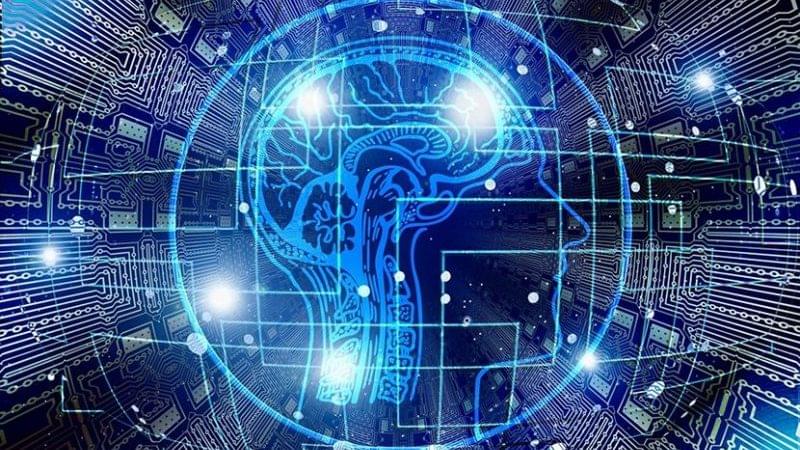Sep 24, 2024
Artificial Intelligence does not experience the Overview Effect!
Posted by Adriano Autino in categories: robotics/AI, space, sustainability
The Overview Effect, the profound shift in human perception that occurs when one sees Earth from the outside, has the power to foster peace and global brotherhood. This underscores the urgent need for an increasing number of people, not just machines, to venture into space.
The concept encapsulated in the title above is the culmination of a two-day discussion held in New York under the auspices of the Summit of the Future. The Space Renaissance International and its 102 allied organizations, the Space 18th SDG Coalition, played a pivotal role in organizing these two events.
Continue reading “Artificial Intelligence does not experience the Overview Effect!” »


















